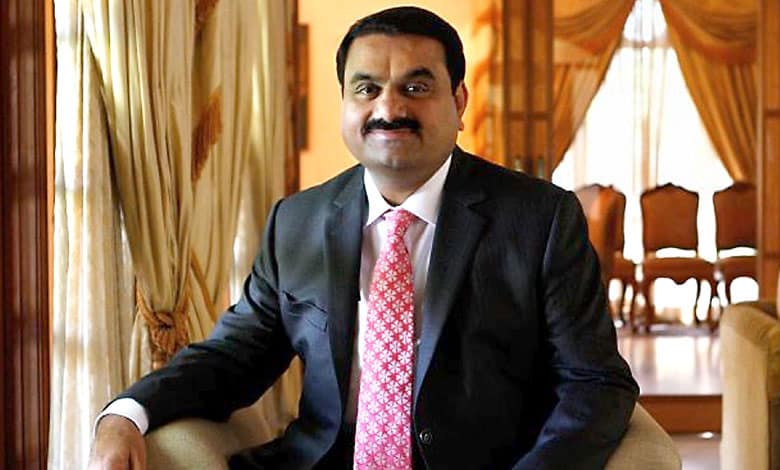Arrest Warrant Issued for Gautam Adani in $265 Million Bribery Case: What Happens Next?

In a significant legal development, an arrest warrant has been issued for Indian business tycoon Gautam Adani, alongside his nephew Sagar Adani, following an indictment by a grand jury in New York. The charges stem from an alleged bribery scheme involving a staggering $265 million (around ₹2,029 crore) to secure lucrative solar energy supply contracts through corruption and fraud, targeting U.S. investors.
The indictment was announced on November 20, 2024, by the U.S. Department of Justice, with Deputy Assistant Attorney General Lisa H. Miller accusing Adani and his associates of conspiring to bribe Indian government officials in exchange for favorable deals in the renewable energy sector. The allegations claim that these actions took place at the expense of U.S. investors, raising serious concerns about corruption in international business dealings.
What is an Indictment?
In the U.S. legal system, an indictment is a formal written accusation, typically issued after a thorough investigation. It is part of the process in criminal cases, particularly for felonies, where a public prosecutor presents evidence to a grand jury. If the grand jury believes that enough evidence exists to warrant a trial, it issues an indictment. Importantly, an indictment is not a determination of guilt, but a formal charge that sets the stage for a legal battle in court.
Role of a Grand Jury
A grand jury is a group of citizens randomly selected to review evidence and decide if formal charges should be brought against an accused individual. In New York, the panel can consist of up to 23 jurors, with a minimum of 16 required to hear the case. Unlike trial juries, which determine the guilt or innocence of a defendant, grand juries assess whether there is sufficient evidence to proceed to trial.
Also Read: Elon Musk Becomes the Richest Person in History with a Net Worth of
The grand jury proceedings are confidential, and they operate under a lower standard of proof compared to a criminal trial. To issue an indictment, at least 12 out of the 16 to 23 jurors must agree on the validity of the charges. If the grand jury agrees, the indictment is issued, and the case moves forward to trial.
What Happens Next for Adani and His Associates?
Now that Gautam Adani and his associates, including Sagar Adani, have been indicted, the legal process will move to the “arraignment” phase. This is when the accused will be formally informed of the charges against them, and the court will determine if they are eligible for bail. At this stage, the defendants will have the opportunity to plead guilty or not guilty.
If they plead not guilty, the case will proceed to a trial where a jury will ultimately decide their fate. If found guilty, Adani and his associates could face significant legal penalties, including fines, imprisonment, or both.
Implications for Adani and His Business Empire
The arrest warrant and subsequent legal proceedings against Gautam Adani are a major blow to the tycoon’s global business reputation. Adani, the chairman of the Adani Group, one of India’s largest multinational conglomerates, has faced previous controversies related to allegations of environmental violations and financial mismanagement. However, this new indictment marks a more serious legal challenge, particularly due to the scale of the alleged bribery and its international dimension.
The case is likely to draw significant media attention and could impact the Adani Group’s business operations globally, especially in the U.S. market. Legal experts suggest that the outcome of this case could set a precedent for how international business practices and corruption are policed, particularly when it comes to foreign entities engaging in corrupt practices on U.S. soil.
What This Means for Global Business and U.S. Investors
The indictment also raises broader questions about corporate governance and transparency in international business dealings. The charges of bribery and fraud highlight the risks that U.S. investors face when engaging with foreign companies in markets where corruption is prevalent. The U.S. government has taken a firm stance against such activities, and the prosecution of high-profile business figures like Adani signals a commitment to curbing corruption at all levels of international trade.
Conclusion
As Gautam Adani and his associates prepare to face trial in the U.S., the business world will closely monitor the unfolding legal battle. The case not only impacts Adani personally but also has broader ramifications for corporate accountability and international investment practices. The coming months will likely reveal more details, and the case could become a defining moment in the fight against corruption in global business.
